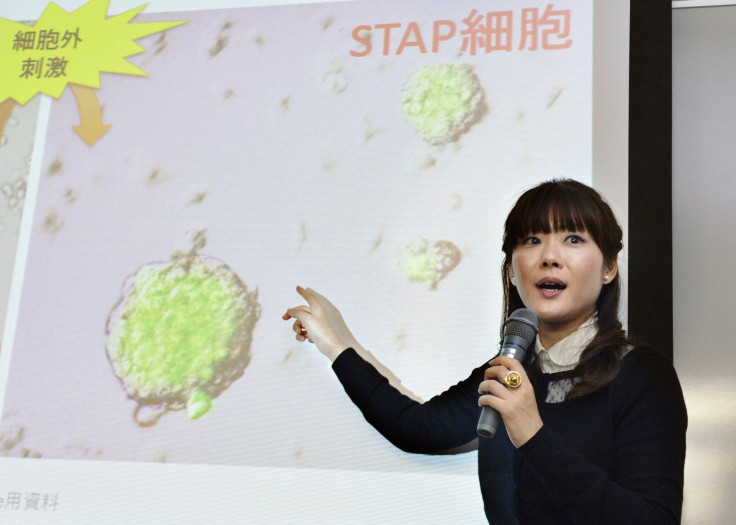Stem Cell Research Scandal: Japan Lab ‘Could Not Confirm’ Results Of Controversial Experiment

Scientists who hoped to replicate the results of potentially groundbreaking stem-cell research have been unsuccessful to date, researchers at the Riken Center for Developmental Biology in Kobe, Japan, said Wednesday, according to the Associated Press. Detailed in two papers published in the journal Nature in January, the research was initially heralded as a breakthrough in the field of stem-cell biology, but was later met with skepticism after other institutions’ attempts to mirror its results failed. The authors of the papers and Nature retracted them in June.
Now, the center behind the papers says its recent efforts to confirm certain aspects of the research have failed. “Researchers have conducted 22 experiments thus far, but we could not confirm the emergence of cells in the conditions described in [lead researcher Haruko Obokata’s] papers,” Riken said in a statement cited by Agence France-Presse. The center anticipates it will continue trying to confirm certain aspects of the research until next March, AP said.
The two papers published in Nature described a simple process for producing stem cells using an acid-based solution. Researchers said they successfully created pluripotent embryonic stem cells -- cells that can be grown into any kind of cell, including human organ tissue -- from mature skin cells. However, it was later revealed that researchers had misrepresented some of their data.
The controversy surrounding the research team who published the papers took an unexpected turn this month when one of the papers’ authors, Yoshiki Sasai, committed suicide at the Riken institute.
© Copyright IBTimes 2024. All rights reserved.





















